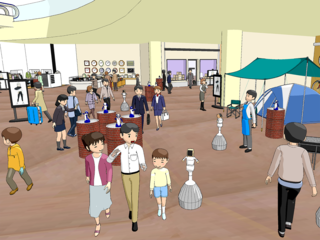
Avatar Symbiotic Society Project
Ishiguro Hiroshi (Graduate School of Engineering Science, Osaka University)
Research Term:2020/04-2025/03
This project aims to surmount physical and ability-based difficulties through man-machine integration, using AI technology to integrate personal optimized technology and technologies relating to space, sight, sound, and tactile feedback. We propose an AI-human integrated platform that responds to diverse needs by combining support hardware, including artificial limbs and a device that presents sounds, with a learning mechanism that adapts by using recognition task definitions from the user themselves and modeling the user’s traits. We will focus our efforts on the societal implementation of AI technology that is specialized for specific users and tasks by cooperating with disabled communities towards an inclusive society.
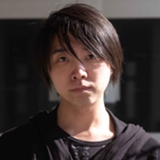
Research and Development Center for Digital Nature, University of Tsukuba
Ochiai Yoichi gained his Ph.D. in Interdisciplinary Information Studies at the University of Tokyo in 2015. From 2015, he supervised the University of Tsukuba Digital Nature Group as an assistant professor, and in 2017 he became an associate professor and leader of the Strategic Research Platform towards Digital Nature. He has pursued his research as a JST CREST xDiversity research representative since 2017. He served as the advisor to president at the University of Tsukuba from 2017 to 2019. He became a guest professor at Osaka University of Arts and at Digital Hollywood University in 2017. He received the World Technology Award in 2015, the Prix Ars Electronica and EU Starts Prize in 2016, and the Laval Virtual Award five times in four consecutive years up to 2017; he also received an SXSW Creative Experience ARROW Award in 2019. In 2017, he was selected as one of the Leaders of Tomorrow by the Swiss St. Gallen Symposium, and was also selected as a Global Shaper by Davos.
“In the National Museum of Emerging Science and Innovation, we would like to make use of dialogues with many different people and collectively consider a vision of the future in which activities that hack our physical and mental abilities fit in as a part of everyday life. As this is the space in which we are sharing information, co-creating, and carrying out demonstration experiments, we want to build up our research together with widely diverse people.”

Ishiguro Hiroshi (Graduate School of Engineering Science, Osaka University)
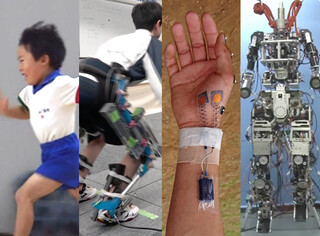
Kawakami Yasuo (Faculty of Sport Sciences; Human Performance Laboratory, Comprehensive Research Organization, Waseda University)
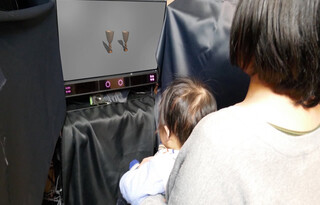
Yamaguchi K. Masami (Department of Psychology, Chuo University)
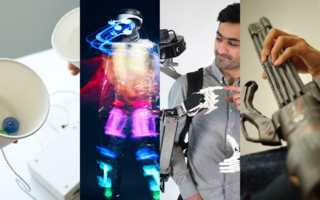
Minamizawa Kouta (Keio University Graduate School of Media Design)
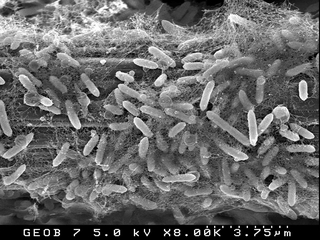
Watanabe Kazuya (Laboratory of Bioenergy Science and Technology, School of Life Sciences, Tokyo University of Pharmacy and Life Sciences)
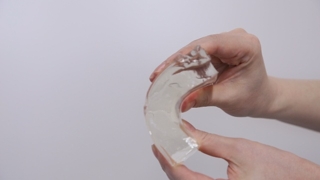
Furukawa Hidemitsu (Soft and Wet matter Engineering Laboratory (SWEL), Yamagata University)
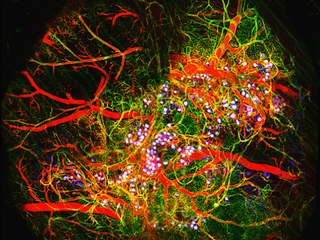
Takanori Takebe (Osaka University & Cincinnati Children’s Hospital Medical Center)
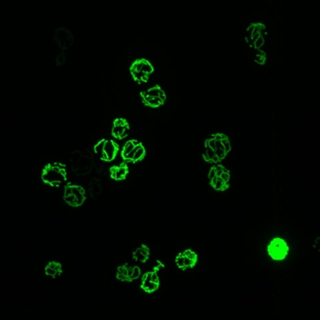
Endo Toshiya (Faculty of Life Sciences, Kyoto Sangyo University)